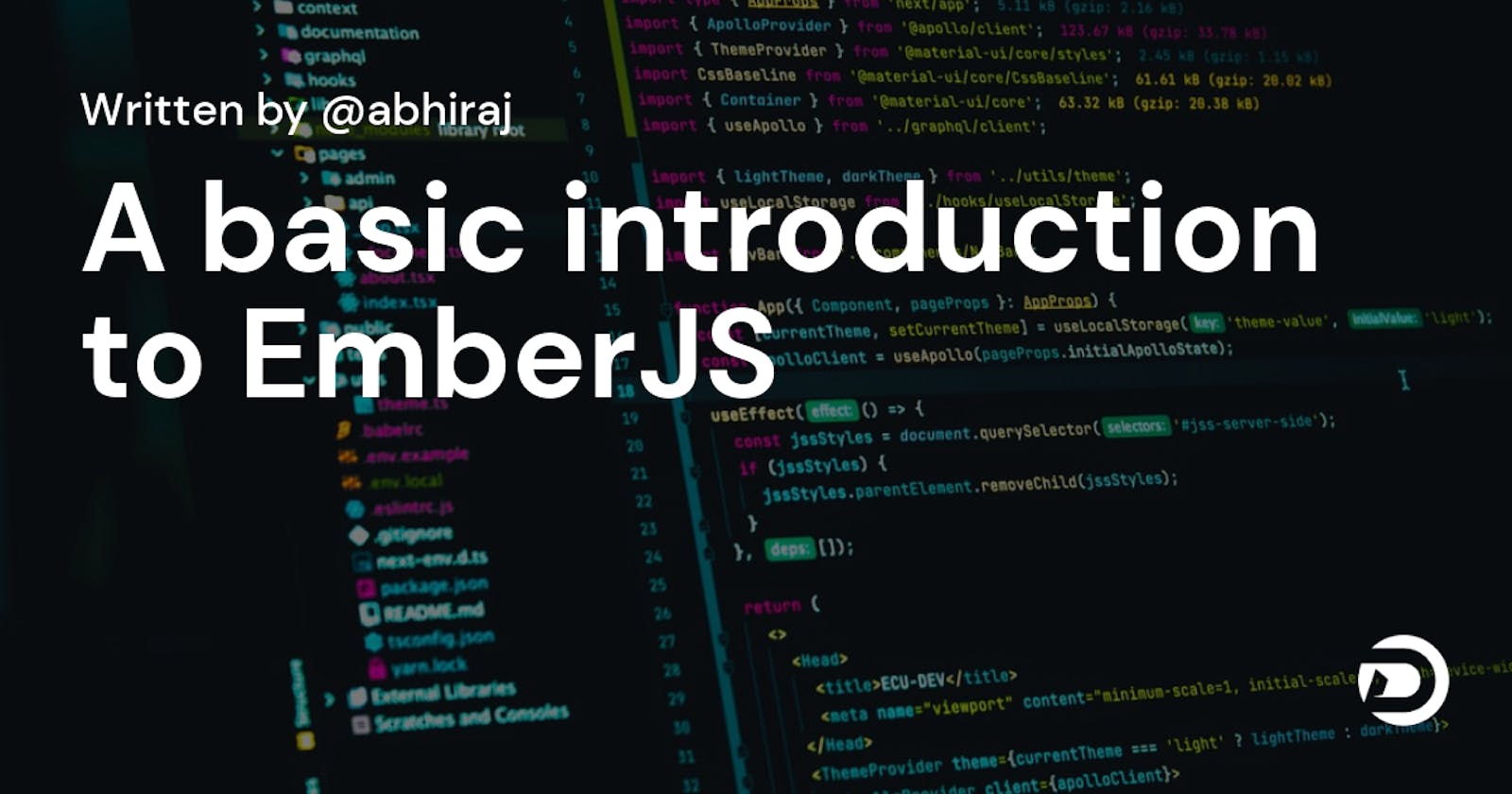EmberJS Basic Framework Introduction: Javascript, Search Engine Optimization, & Web Apps
Are you wondering if you should learn Emberjs? Read this article to learn about this Javascript framework, its Search Engine problems, and why its acc
Ember.js is a JavaScript MVC (Model-View-Controller) framework for building massive client-side web applications. It allows you to develop ordered and structured code in comparison to other JavaScript MVC frameworks. This allows you to create ambitious online applications, according to the Ember.js website.
Ember & Frontend Frameworks
Ember has been around since the beginning of the frontend revolution, which has now been going on for several years. It's almost a decade old and predates React, Vue, Svelte, and all the other frameworks. The framework has never been at the forefront of frontend buzz, but it has quietly helped companies ship sustainably.
Ember Search Optimization Issues
Although Emberjs is very well established as a javascript-based front-end framework, it has server-side rendering issues. ScottySEO’s article on Ember js SEO reports that, like most javascript frameworks, it has a handful of rendering issues that will require some debugging.
Namely, it renders in the DOM, meaning that a search engines crawler has to render it before they can read what is on the page.
How Does Ember.jS Simply Javascript for Developers?
Ember is a framework that aims to reduce the amount of complexity that developers must deal with. Ember takes care of the great majority of components of the application that aren't necessary to the problem domain (e.g. routing, data loading, etc.) and thus removes all of the inadvertent complexity associated with these aspects from the developers' hands. Instead, they can concentrate just on the essential details. As a result, clearly separating the components that the developer controls from everything else are a liberating constraint: it prevents developers from becoming sidetracked and wasting time on unimportant features, allowing them to focus their time and effort on areas where they genuinely offer value.
Ember is a javascript Framework That Hides The Complex Stuff
The fact that Ember conceals most of the unintentional complexity and takes charge of certain parts of applications does not imply that the framework will never develop or progress. The framework is making steady and significant progress, but Ember tries to keep developers as far away from the churn as feasible. Ember, on the other hand, continually makes enhancements in small releases that are backward compatible and have clear upgrade routes, adhering to a release strategy that prioritizes stability.
How Does Ember compare to Angularjs?
On many levels, AngularJS and EmberJS are similar frameworks, although they differ in numerous ways. For example, AngularJS will display a huge static data set faster than EmberJS, but EmberJS will make it easy to add interactivity and will handle updates more efficiently. Furthermore, while both frameworks are opinionated, EmberJS takes a little stronger stance than AngularJS, making some activities related to transferring an existing application more difficult to execute. In the end, each architecture has its own set of trade-offs, and deciding which framework is best for you is just a matter of weighing your application's requirements against each framework's capabilities.
Conclusion
Ember is a full-featured application framework that includes cohesive building blocks and concepts for all parts of real-world applications that aren't necessarily connected to their issue domain, as described above. While Ember hides the internals of these concepts so that developers don't have to deal with them, they are all present and contribute to the framework's public API and general architecture. This frequently leads to criticism centered on the fact that Ember has a lot to learn, and some or all of it may not be necessary for a given project.

